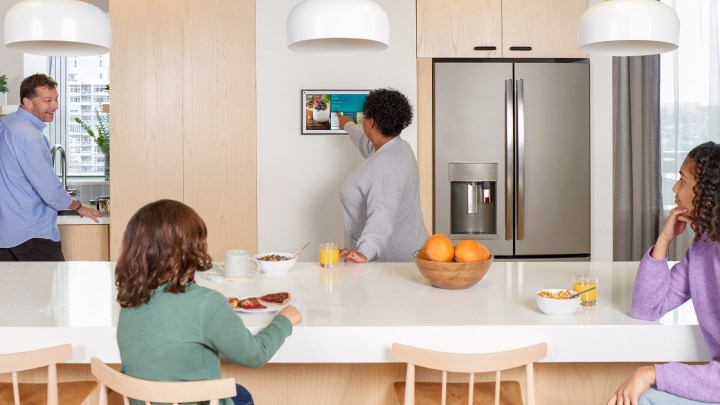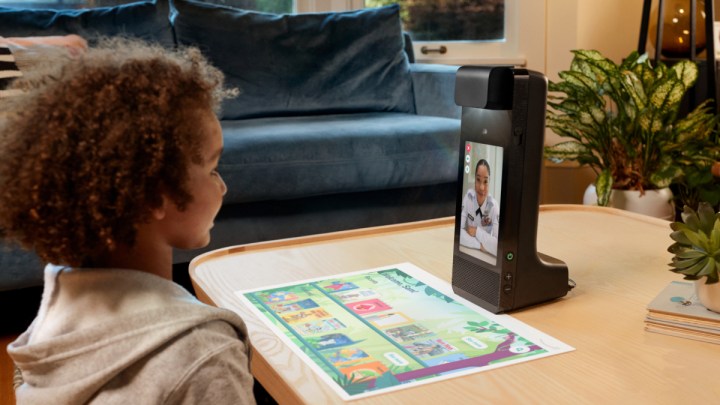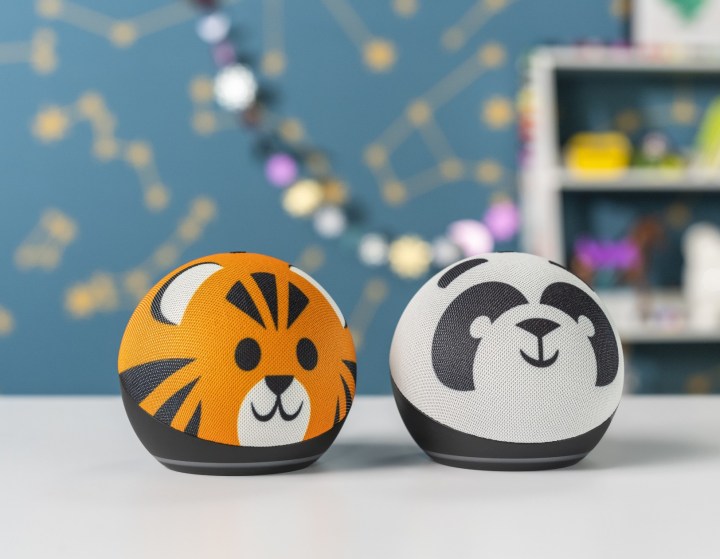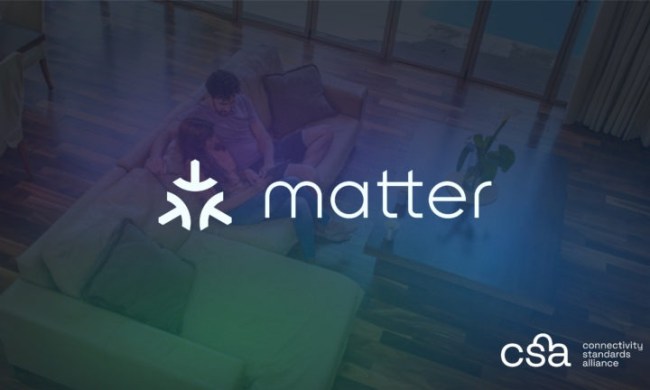Over the weekend, my wife and I took a trip a few states over to visit a friend. That first night at the hotel, I found myself asking Alexa to turn off the lights . It actually took a moment to realize I needed to turn the lights off without a smart assistant.
Now that might be an isolated incident, but it illustrates my point. When we use smart homes on a daily basis, the idea of actually reaching for a switch to turn off the lights seems absolutely archaic. It’s a backup feature, nothing more. But taken further, does this indicate an almost unhealthy dependency on the convenience and features of the smart home ?

The fear of the unknown
I’m not actually suggesting a sense of codependency on the smart home, but something more akin to nomophobia — the fear of having no mobile phone. Twenty years ago, most people only used a phone when necessary. Today, we’re constantly and consistently connected to our friends, our family, and the world at large. Sometimes that creates a physical response when that connection is cut off, especially among younger generations.
Losing the ability to check in on your home can cause anxiety.
In 2017, Lisa Tinti of SAP wrote a blog post titled “ Smart home or smart addiction ?” It was a tongue-in-cheek piece about the joys and frustrations of smart home ownership, but one specific example stands out: The loss of her security cameras. When she lost connection, she lost the ability to see everything that was going on around her home, and that created anxiety in her.
One of the marketing approaches for many home security systems is “peace of mind.” If you can glance at your phone to check if you locked the door or left something plugged in, you can ease your worries even if you’re away from home. Consequently, losing that option can exacerbate those concerns even more.
Children don’t always understand smart assistants

A far more concerning aspect is how attached children can become to the smart home. In an article from CNN , the writer states that the first words her toddler knew were “mom,” “dad,” “cat,” and “Alexa.” This is the first generation in history to grow up in homes where artificial intelligence is run-of-the-mill.
Children have made friends with Alexa and Google Assistant. For those first few years, a child might think of a smart assistant as another family member and not quite understand the difference; after all, while it might not have a physical body to speak of, smart assistants can carry on conversations with children.

These concerns are heightened by the existence of the Echo Dot for children. Its bright colors and fun designs appeal to kids, but this kind of unfettered access to an AI might have negative impacts we aren’t aware of yet. Scientists have begun to study the developmental impact of AI on children, but there hasn’t been enough time for any definitive statements yet.
Feeling forgetful these days?
One of my favorite features of smart assistants is their ability to find my phone. I can’t count the number of times I set it down in the middle of a chore and forget where it is, only to ask Alexa to call it. I also use my smartwatch for the same purpose — it pings my phone’s location , even if the volume is turned down.
According to some people, these features might be part of the reason I constantly lose my phone. There’s been a long-held argument that technology affects memory. Working your brain through critical thinking and mental exercises is just like working a muscle — it grows stronger with use. On the other hand, it can also atrophy over time.
Think about it: How many phone numbers do you know off the top of your head? I remember three: my mother’s, my wife’s, and my own. I once knew every single one of my friend’s phone numbers, the number for the local pizza place, and a dozen others. Speed dial has made that unnecessary, and so I no longer remember them.
The same concept holds true for information. The act of recalling information strengthens the neural pathways that drive memory and thought, but so often we just type it into Google or look it up through a smart assistant.
According to Cheri Burcham of the University of Illinois, “Just looking things up can disrupt daydreaming, introspecting, and problem-solving — which are all very important cognitive functions that humans need.”
So are we becoming too dependent on smart homes? Maybe, but maybe not. I don’t think the technology is far enough along, especially on the AI front, to cause serious concern — but these early warnings are enough that we should take a step back and consider whether, in some instances, we’re trading mental acuity for convenience.



